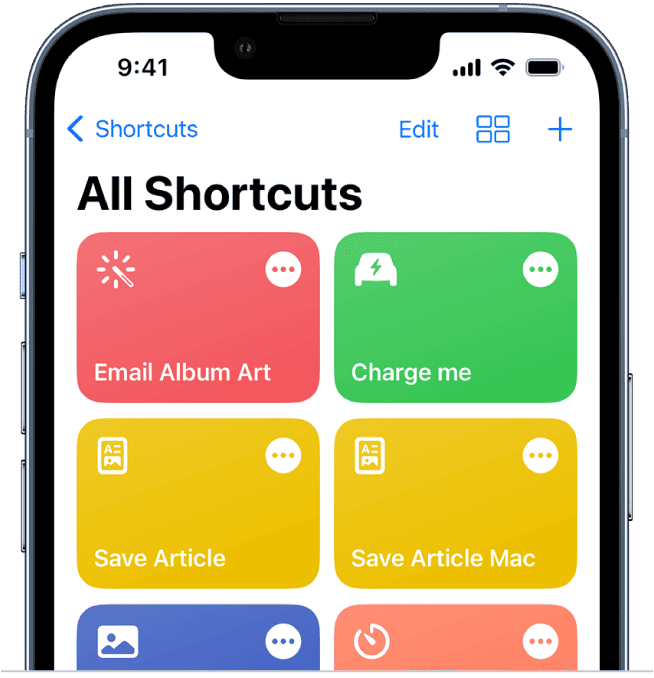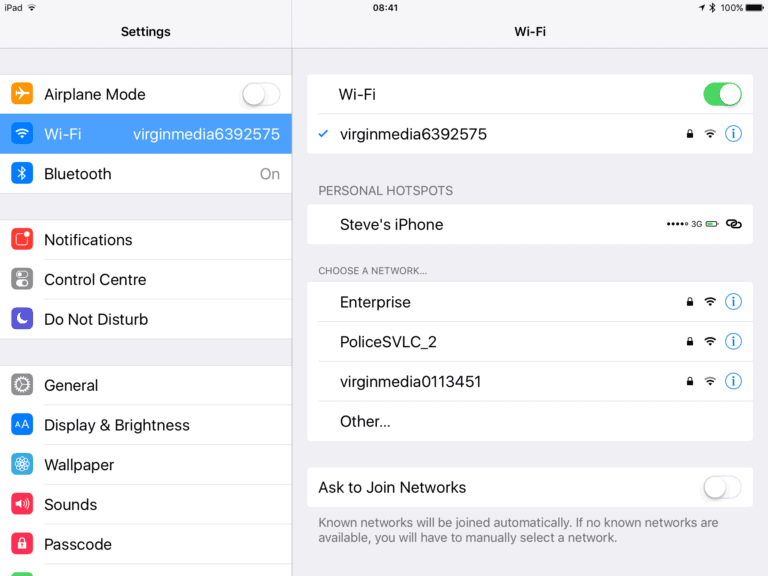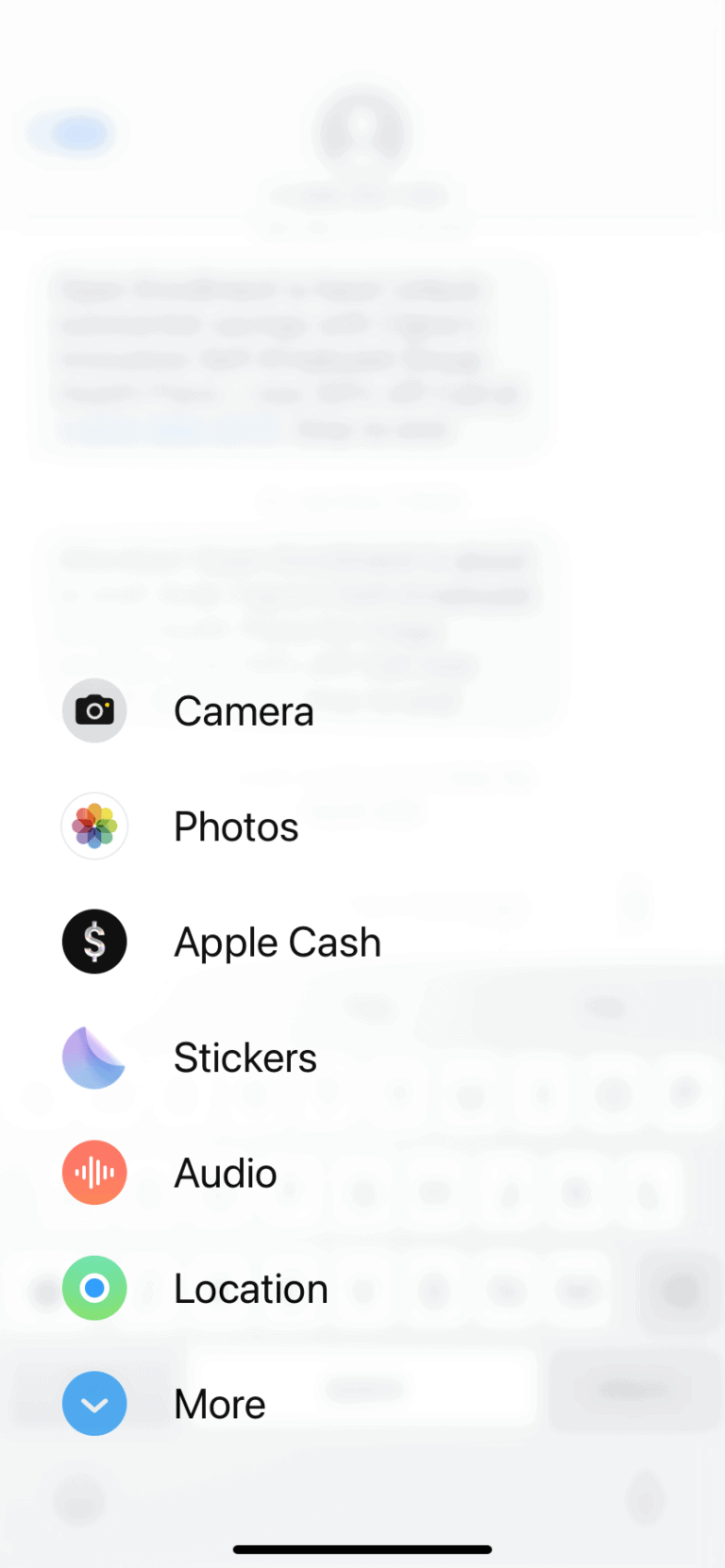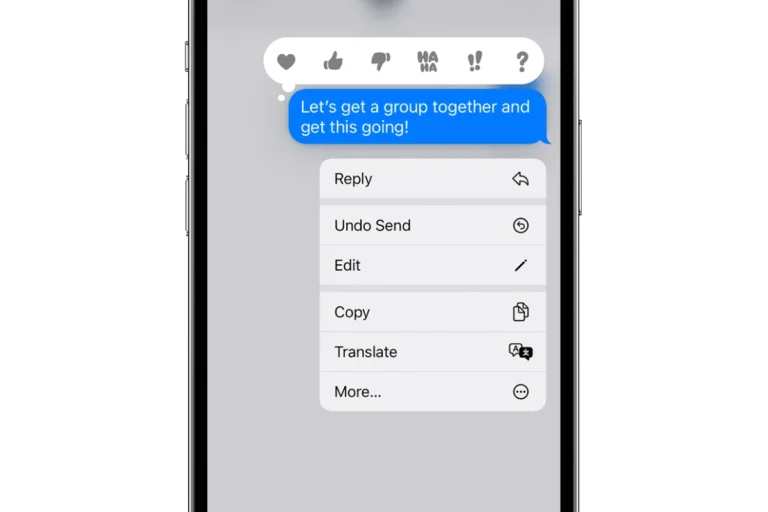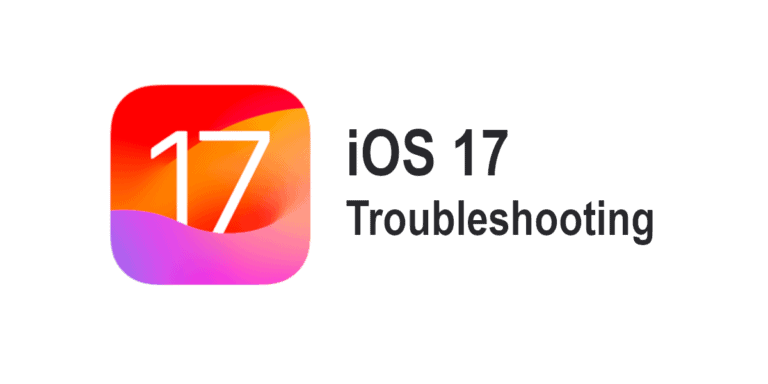Apple is making significant changes to iOS for users in the European Union (EU) in 2024. These changes are made to comply with the Digital Markets Act (DMA). One major change includes adding over 600 new APIs for developers, permitting better app analytics and alternative browser engines. The changes are driven by the EU’s Digital Markets Act (DMA) to encourage competition and offer users more options. However, they also raise concerns about security and privacy.
The article explores the key changes, their possible benefits and drawbacks, and their implications for users and developers. Apple will also start allowing alternative app stores and new payment processing options in the App Store. This change is anticipated to give developers more control and flexibility in how they distribute and monetize their apps in the EU. The new rules will take effect by March 7, 2024. These changes represent a significant shift for iOS users and developers in the EU as Apple adjusts to new regulations aimed at boosting competition and innovation.
Apple Adapts to EU Regulations with iOS Changes
Driving Force: The Digital Markets Act (DMA)
The European Union’s Digital Markets Act (DMA), passed in November 2022, aims to create a fairer and more competitive digital landscape. It designates certain companies as “gatekeepers” if they meet specific criteria regarding user base and market power. Apple, with its iOS ecosystem, falls under this classification.
Key Changes in iOS for EU Users
The DMA has compelled Apple to make significant changes to its iOS operating system in the EU:
- Alternative App Stores: Developers can now distribute apps outside of the App Store, offering users more choice and potentially lower prices.
- Third-Party Payment Systems: Apps can use payment systems other than Apple’s in-app purchases, potentially reducing costs for both developers and users.
- Sideloading: Users can install apps from sources other than the App Store, although this carries security risks.
- Browser Engine Choice: Users can now choose their preferred browser engine instead of being limited to Apple’s WebKit.
Potential Benefits and Drawbacks
| Feature | Potential Benefits | Potential Drawbacks |
|---|---|---|
| Alternative App Stores | More competition, lower prices, greater innovation | Increased security risks, potential for scams and malware |
| Third-Party Payment Systems | Lower transaction fees, more payment options | Potential for fraud, less streamlined user experience |
| Sideloading | Greater flexibility, access to apps not available on the App Store | Significant security risks, potential for unstable or harmful apps |
| Browser Engine Choice | Improved user choice, potential for better browser performance and features | Fragmentation of the web experience, potential compatibility issues with websites |
Apple’s Response and Concerns
Apple has expressed concerns about the potential security and privacy risks associated with these changes. To mitigate these risks, Apple has introduced new safeguards, such as requiring apps distributed outside the App Store to undergo a notarization process and providing users with clear warnings about the potential risks of sideloading.
What This Means for Users and Developers
For users, these changes mean more choice and flexibility in how they use their iPhones and iPads. However, it’s crucial to be aware of the potential security risks and exercise caution when downloading apps from outside the App Store. For developers, these changes offer new opportunities to reach users and potentially lower distribution costs.
Key Takeaways
- Apple is updating iOS and App Store policies in the EU to meet the DMA.
- Changes include new APIs and support for alternative app stores.
- New rules take effect by March 7, 2024.
Impact of the Digital Markets Act on iOS in the European Union
The Digital Markets Act (DMA) has brought significant changes to Apple’s iOS in order to promote competition and enhance user rights. This includes updates to regulatory compliance, app store adjustments, browser engine diversity, and user options within the iOS ecosystem.
Regulatory Compliance and Changes in iOS 17.4
The DMA requires Apple to make its operating system, iOS, more open. In response, iOS 17.4 introduces over 600 new APIs designed to help developers. These APIs give developers more tools for analytics and user engagement. Users now have access to privacy settings that comply with EU regulations. This reduces concerns about data misuse and enhances transparency.
App Store Adjustments and Alternative App Marketplaces
The DMA mandates changes to the App Store, compelling Apple to allow alternative app marketplaces. This shift provides developers with more options and reduces dependency on Apple’s platform. It also affects the core technology fee, which means that iOS users can look forward to more varied app selections. In-app purchases and payment processing are also impacted, with third-party payment services being allowed.
Browser Engine Diversity and WebKit Monopoly
To comply with the DMA, Apple must allow alternative web browser engines. This impacts the long-standing WebKit monopoly. With iOS 17.4, other browsers like Chrome and Firefox can use their own engines instead of WebKit. This brings enhanced performance and security to iOS users. It also boosts competition among browser developers, pushing them to innovate more rapidly.
Enhancing User Rights and Choice within iOS Ecosystem
The DMA significantly enhances user rights, giving them more choices within the iOS ecosystem. Users can now select default browsers and search engines, breaking Apple’s tight control. It also opens up the use of different payment services, offering more variety for consumers. These changes aim to create a more competitive and consumer-friendly environment within the iOS ecosystem.
Frequently Asked Questions
Apple’s iOS 17.4 brings several changes for users and developers in the EU. These updates comply with new EU regulations, focusing on user privacy, alternative app stores, and data protection.
What are the key features introduced in iOS 17.4 specific to the EU region?
Distinctive features in iOS 17.4 for the EU include enhanced data privacy settings and increased transparency for app permissions. Users now get detailed information about alternatives to Apple’s payment methods, emphasizing potential risks.
How will the Digital Markets Act (DMA) affect iOS users in the EU with the 2024 update?
The DMA enforces rules to promote competition. Apple has introduced provisions allowing users to download and use apps from third-party app stores. This aims to give users more choices and reduce dependency on Apple’s App Store.
What is the expected release date for iOS 17.4 and how does it comply with recent EU regulations?
iOS 17.4 is expected to release around March 2024. It adheres to the DMA by offering options like third-party app store access and enhanced user privacy controls.
How can users access and use alternative app stores on iOS devices following the 2024 changes?
To access alternative app stores, users need to go through settings to allow the installation of apps from unverified sources. Apple provides a clear guide to help users understand how to do this safely.
What privacy and data protection enhancements are included in the latest iOS update for EU users?
Privacy updates in iOS 17.4 include stricter data access controls for apps and improved user consent prompts. Apple has enhanced its privacy labels, giving users more insight into how their data is used.
Is there a beta version available for the iOS 17.4 update, and how can developers participate?
Yes, a beta version is available for developers. They can enroll in the Apple Developer Program to access it. This allows them to test their apps and ensure compatibility with the new features and regulations.


